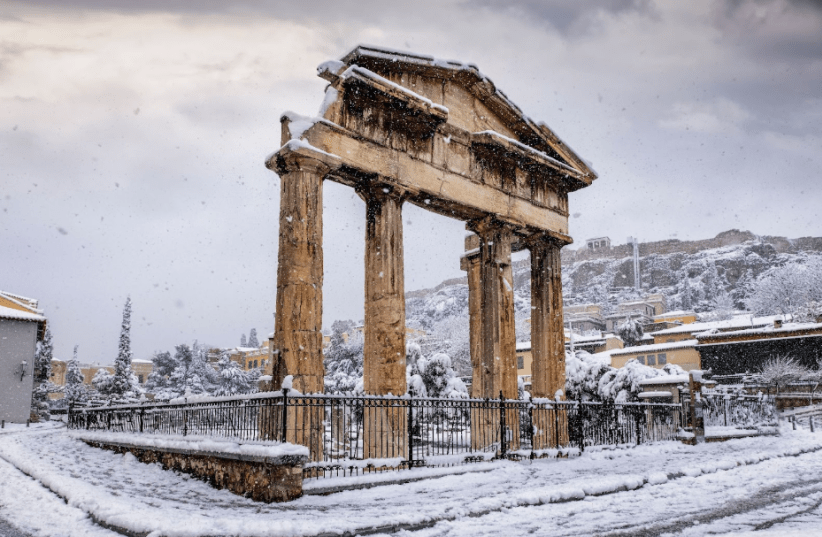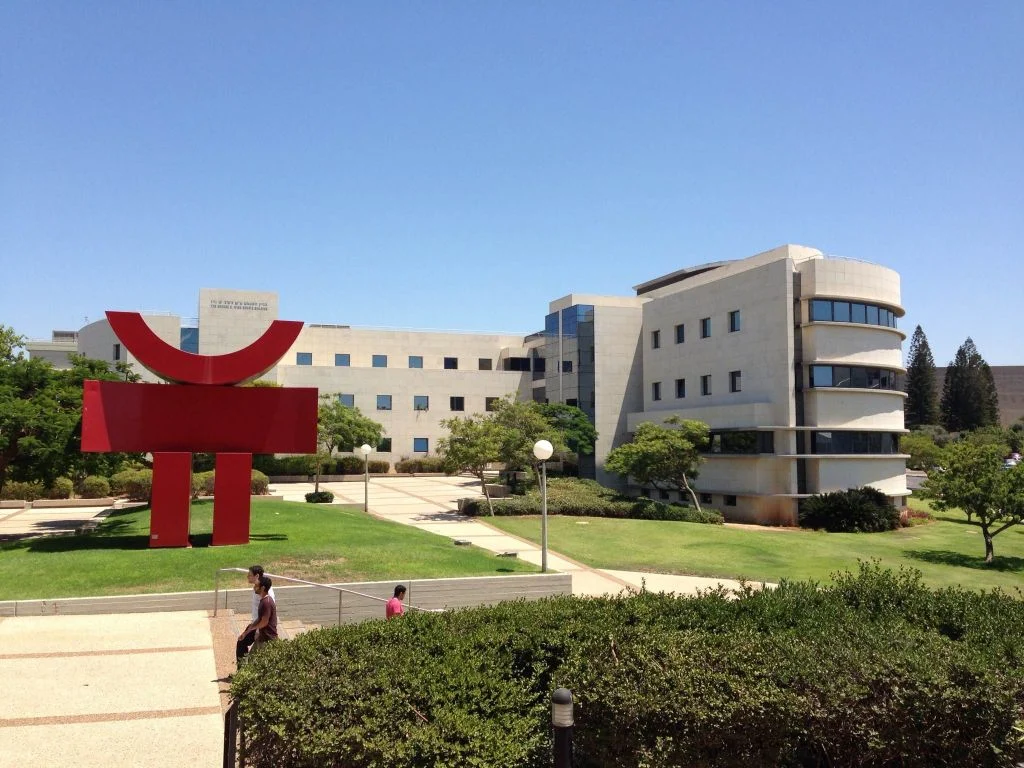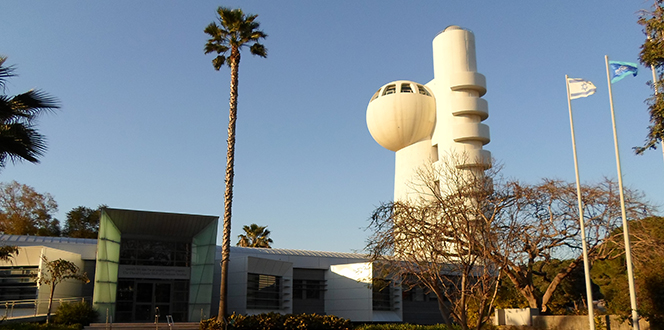By JERUSALEM POST STAFF
Gernon: 'the Late Antique Little Ice Age helped tip the balance when the Eastern Empire was stretched thin'.
According to a recent study, the Late Antique Little Ice Age (LALIA), a climate crisis in the 6th century lasting 200 to 300 years, may have contributed to the fall of the Roman Empire, setting the stage for its ultimate collapse in 1453 CE. Geological evidence found in Iceland indicates that the LALIA was more severe than previously thought, playing a key role in the Eastern Roman Empire's decline.
The investigation focused on unusual rocks found on a raised beach terrace along Iceland's west coast, which were transported by icebergs during the LALIA. To identify their exact origin, the team crushed the rocks, extracted hundreds of tiny zircon mineral crystals, and analyzed them. "We knew these rocks looked out of place, because they don't resemble anything found in Iceland today, but we didn't know their origin," said Dr. Christopher Spencer, lead author of the research and a researcher at Queen's University.
"Zircon acts like a time capsule that retains essential data, such as the date it crystallized and its chemical composition," Spencer added. "The combination of age and compositional characteristics allows scientists to pinpoint specific areas of Earth's surface, much like fingerprints in criminology." The analysis revealed that the rocks originated from geological regions of Greenland, indicating their glacial origins.
"This climate change may have been the straw that broke the camel's back," stated Professor Tom Gernon, Earth Sciences specialist at the University of Southampton and co-author of the research, as reported by arkeonews.net. He emphasized the interconnectedness of the climate system, saying, "What we're seeing is a powerful example of how interconnected the climate system is. When glaciers grow, icebergs calve, ocean currents shift, and landscapes change."
According to the study, the LALIA was triggered by volcanic ash from three massive eruptions, which blocked out sunlight and caused a drop in global temperatures. This abrupt cooling coincided with a turbulent time in the Eastern Roman Empire. "These events overlapped with a turbulent time in the Eastern Empire, which was engaged in near-constant warfare, territorial expansion under Emperor Justinian, and internal religious conflict," Gernon said.
The cooling coincided with the onset of the Justinian Plague, which began in 541 CE and killed between 30 and 50 million people—about half the global population at the time. The global drop in temperatures had a "very significant impact" on the Eastern Roman Empire.
"In this way, it seems likely that the Late Antique Little Ice Age helped tip the balance at a moment when the Eastern Empire was stretched thin," Gernon noted. He added, "The event in question was very cold by today's standards, with temperatures across Europe falling by an estimated 1.8 to 3.6°F." "While that might not sound like all that much, it was enough to cause widespread crop failures, increased livestock mortality, a sharp rise in food prices, and ultimately, widespread illness and famine across the Empire," he said.
Man Filming Pregnant Wife on Beach Notices Strange Detail - Can You See It?It sent a shiver down his spineSponsored by Happy in Shape
Chaaaaarge! Stand Out In The WildThe new special edition Jimny 5-Door Safari from Suzuki is here. Are you ready for the adventure of a lifetime?Sponsored by Suzuki New Zealand - Home
Italy upholds sentence of Pakistani parents who killed teen daughter for marriage refusalThe parents were found guilty of killing their 18-year-old daughter for refusing to marry her older cousin.JPost - international
Historians have long debated to what extent climate cooling may have influenced the decline of the Roman Empire. The study's findings provide evidence that this abrupt climate shift may have exacerbated the empire's existing vulnerabilities. Researchers suggest that a few cold decades may have been enough to destabilize a world empire, and this climatic episode may have triggered mass migrations that transformed the map of Europe at the time.
"This suggests that the Late Antique Little Ice Age could have put significant strain on the Eastern Roman Empire and adds to a growing body of evidence pointing to its role in the empire's decline," reported the Daily Mail. The research underscores the cascading effects of rapid cooling, which may have contributed to the mass migrations that ultimately weakened the Roman Empire.















